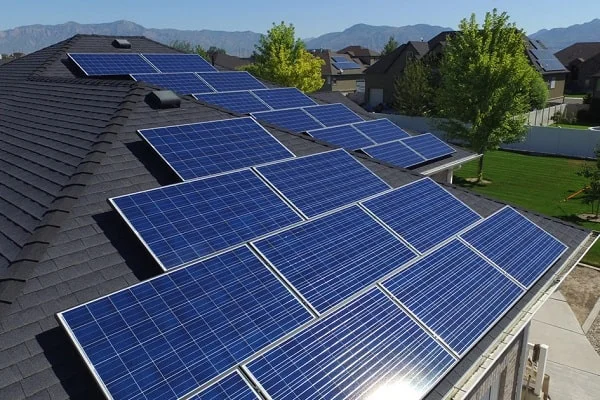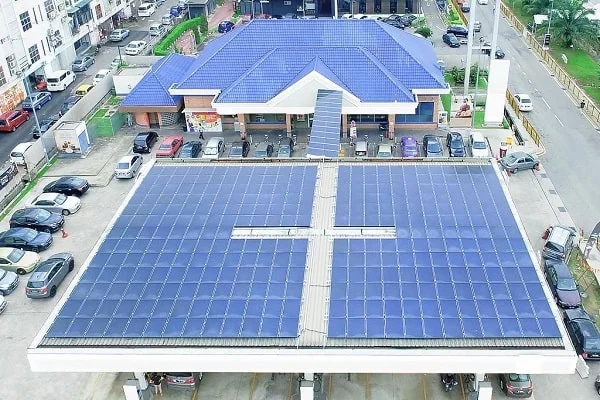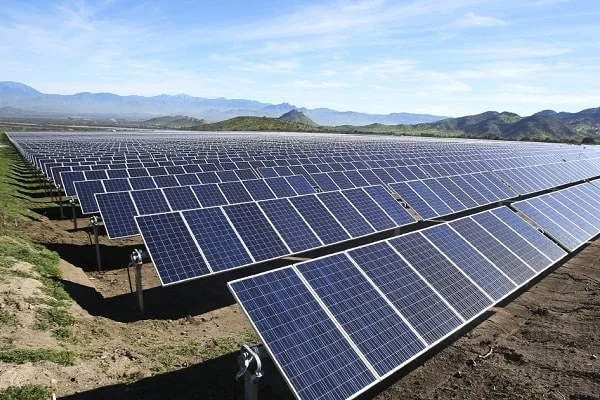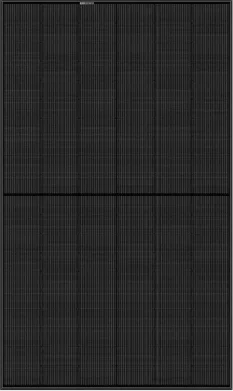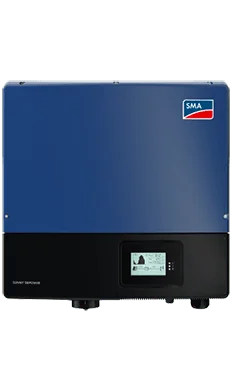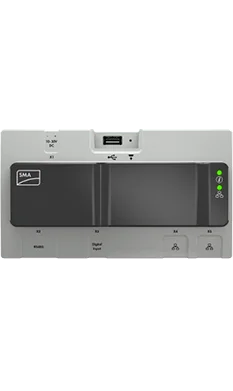Off-Grid vs On-Grid Solar Panel Installation
Choosing Between the Stand-Alone System and Grid Connected
All of us would want to take advantage of the many positive offerings of a solar energy. Besides the fact that if offers long-term profit and green energy, it also brings more value to your property.
But one of the dilemmas of most people who are considering installing solar system is whether or not to go off-grid or on-grid. To help you decide somehow, let us take a look of some of the differences between the two:
- Staying On-GridOn-Grid solar system is an installation connected to the utility grid. If your system produced more energy than what you actually need, excess energy will then be sold to your electric company. This means that your home is basically connected to the power lines, making your local utility as your battery so to speak. Now, during the rainy season where there’s not enough energy coming from the sun, your home will just draw electricity from the utility grid without having to pay for it.
With on-grid installation, you will no longer need to worry about battery cost and its maintenance as well as the charge controller cost and maintenance. Many homeowners prefer on-grid as cost of solar panels has already dropped so it would be much easier to go solar without worrying about the additional cost for other solar components.
- Independence with Off-Grid
There are homeowners who wanted to achieve full energy independence from the local utility grid. With off-grid installation, the excess generated energy will be stored to the batteries where you will draw the energy in case you need it during power failure. The disadvantage, though, is that you will need to provide separate cost for the solar batteries and charge controllers.
Off-grid installation is preferred by most people who lives in areas where there’s high-level of sunlight, or most commonly known as insolation.
- On-Grid or Off-Grid?
For most homeowners, on-grid installation is a much better option than off-grid. But if you’re in the area where there’s high amount of sunlight or have a large panel, you may consider the other option, which is a stand-alone system. Either way, you will still be able to save money on electricity and contribute to a greener environment.

